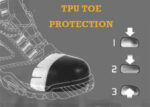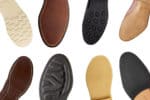Are you confused between an alloy toe and a composite toe boot?
Both alloy toe caps and composite toe caps are approved by OSHA but talking of the level of safety, alloy toe caps will not crack that easily as they are made of steel counterparts. On the other hand, composite toe caps do not set off metal detectors while the alloy toe caps do. Talking of the level of comfort, alloy toe caps are lighter than the composite toe caps.
Today in this article I’m going to tell you about all the differences between an alloy toe and a composite toe and also which one is the best among the two.
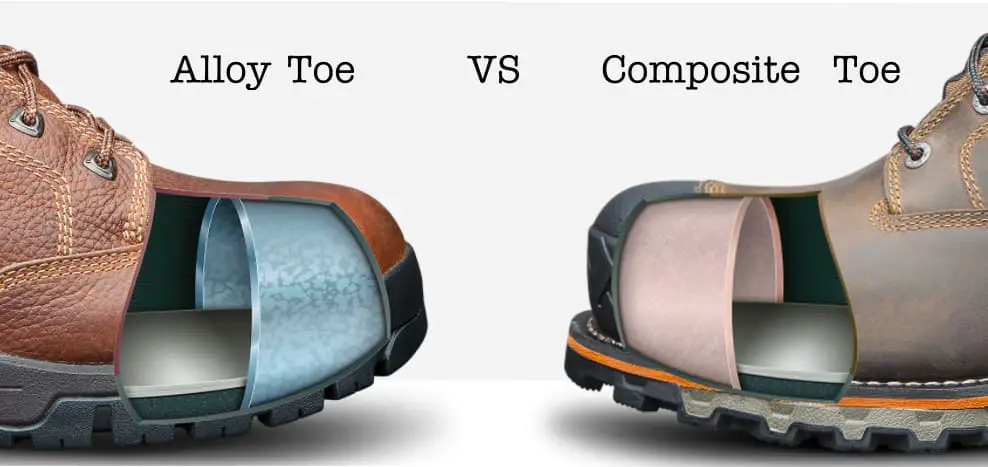
Let’s begin with a quick comparison table of composite and alloy toe
| Composite toe caps | Alloy toe caps |
| Composite toe caps can take up to 1.1 metric tons of weight | Alloy toe caps can take up to 2500 pounds or 1133 kg of weight |
| They are approved by OSHA | They are approved by OSHA |
| They are heavier than the alloy toe caps | They are lighter than the composite toe caps |
| They do not set off metal detectors | They set off metal detectors |
| They are made of strong non-metals | They are made of light metals |
| They do not conduct heat or cold | They conduct heat or cold |
| They are bad conductors of electricity | They are good conductors of electricity |
1.) Material Alloy toe v/s Composite toe:
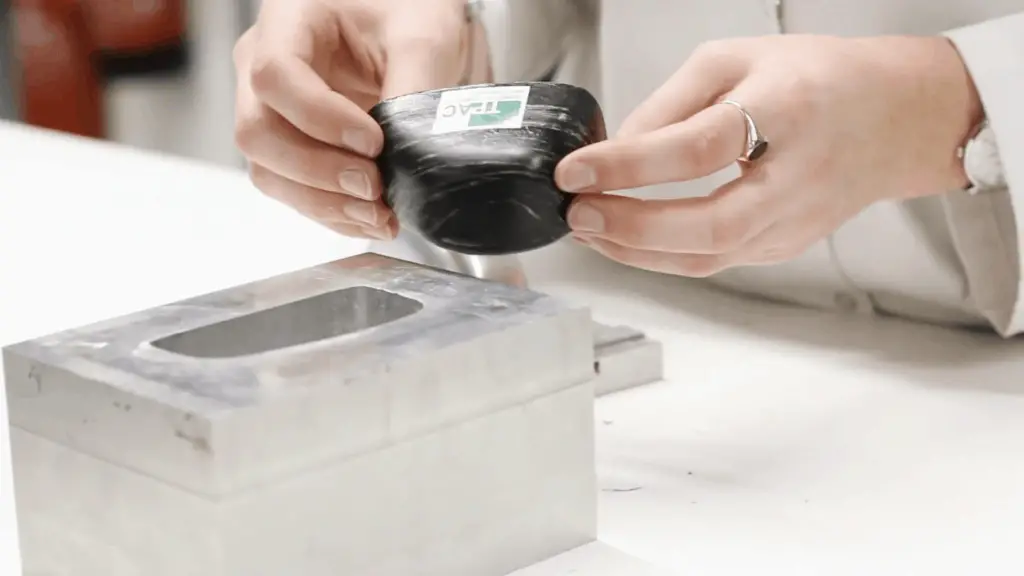
Alloy toes are made up of lightweight materials like aluminium and titanium or a combination of some lighter materials.
On the other hand composite toes are made up of strong non metals such as kevlar, fiberglass and carbon fiber.
2.) Weight Alloy toe v/s Composite toe:
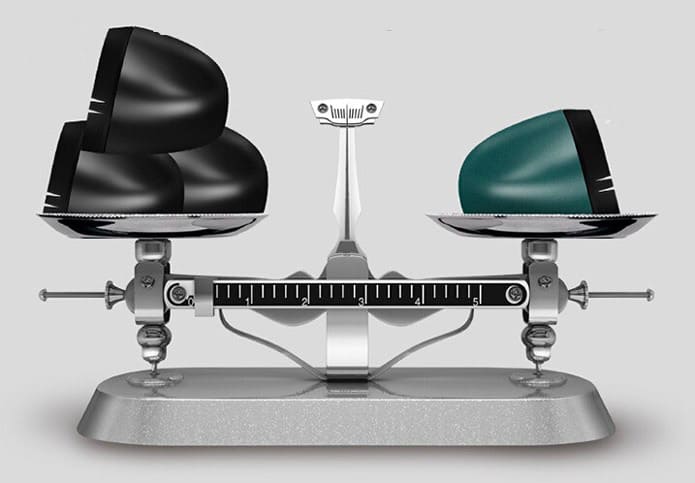
While composite toes are 30% lighter than the steel toe boots on the other hand alloy toe boots are 30 to 50% lighter than there steel counterparts.
3.) How much weight can they take alloy v/s composite toe:
A composite to can hold up to 1.1 metric tones or 3.5 dawns of weight. But if something terribly heavy falls on them there remains the danger of cracking of the composite toes.
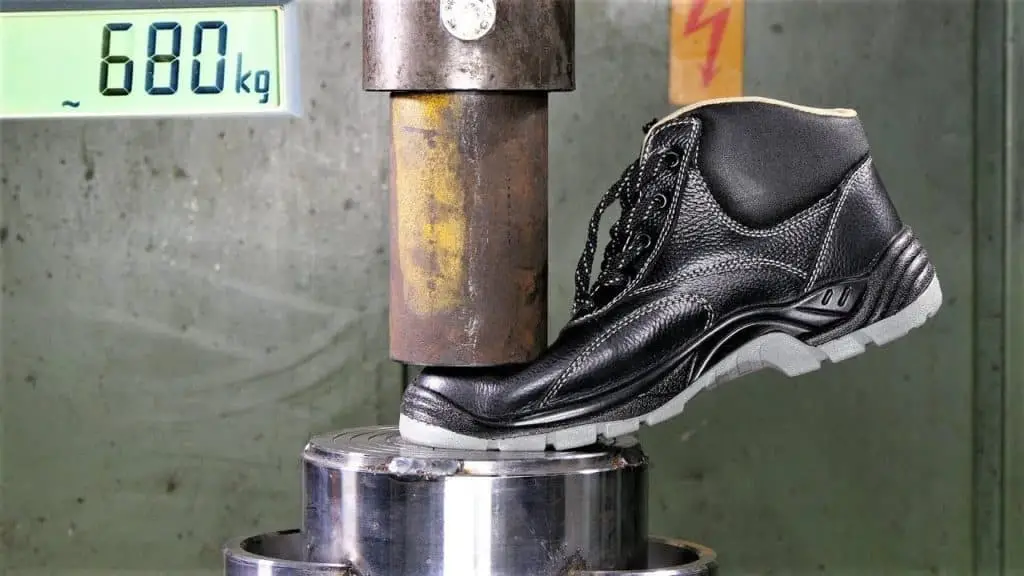
On the other hand an alloy toe can bear upto 2500 pounds or 1133 kg of weight. So, clearly alloy toes are much more stronger and can hold much more weight or bear much more compression than the composite toes.
4.) Safety Alloy toe v/s Composite toe:
Though both offer safety to almost same level, yet as alloy toe can take more weight than the composite toe, therefore, the level of safety offered by alloy toe is more in case of an extreme heavy load falling in it.
5.) OSHA & ANSI safety standards Alloy toe v/s Composite toe:
According to the safety standards set by US, workers working under hazardous conditions are to wear OSHA approved footwear.

OSHA requires the footwears to pass the ANSI safety standards which include impact test and compression test.
Most big brands making both alloy and composite toes follow the standards set by OSHA. Though the cheaper versions from unknown brands might violate the safety regulations.
6.) Comfort Alloy toe v/s Composite toe:
As both are lightweight as compared to their steel counterparts, both alloy and composite toe caps are comfortable to wear.
Yet, as alloy toe caps are very thin, you do not feel your toes stuck inside a hard metal and therefore are much more comfortable to wear.
7.) Set off metal detectors Alloy toe v/s Composite toe:
Composite toe caps being made of polymers, plastics, fiberglass, kevlar, carbon fiber, etc are non-metals and therefore bad conductors of electricity. Therefore, you can easily pass through metals detectors while wearing them.
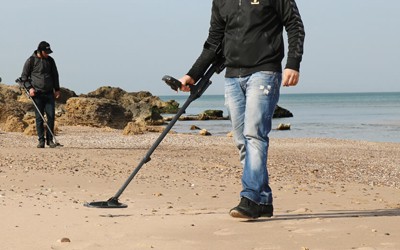
Whereas, alloy toe caps being made of metals are good conductors of electricity and you cannot pass through metal detectors wearing them.
8.) Electrical Hazard Safety Alloy toe v/s Composite toe:
As mentioned in the sectioned above, composite toe caps being made of non metals are poor conductors of electricity. Therefore, they absorb electrical shocks or do not conduct electricity to the feet from the source.
Hence, if you work in an environment which demands handling with electricity, it is compulsory to wear a composite toe cap boot.
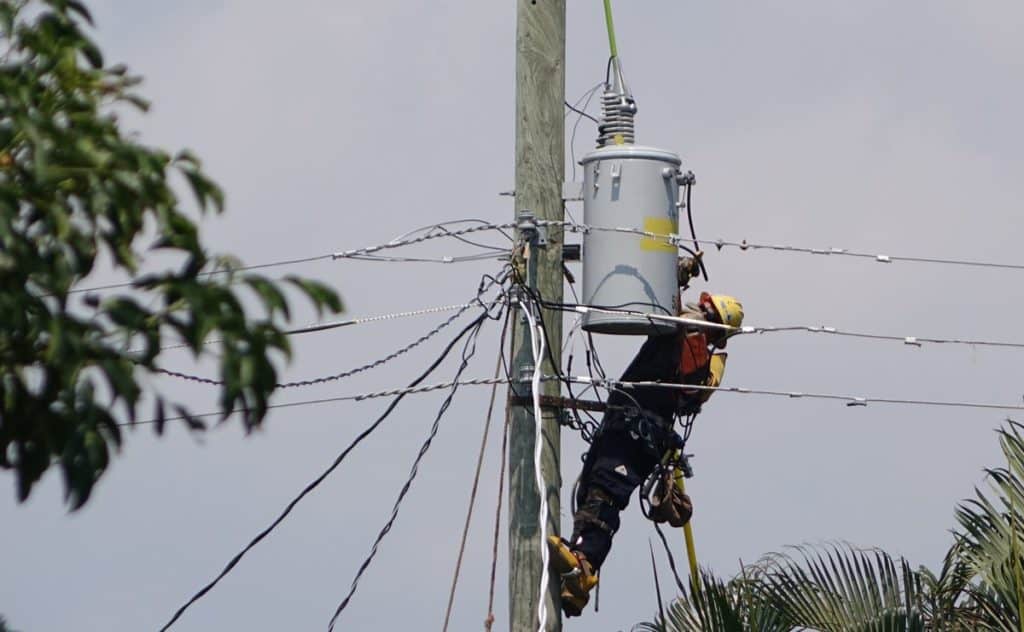
Alloy toe caps on the other hand are good conductors of electricity and therefore do not absorb shock instead conducts the electricity to the feet or the body. Therefore, if you work in an electrical hazard prone environment you should avoid wearing alloy toe cap boots.
9.) Insulation Alloy toe v/s Composite toe:
Metals provide poor insulation in other words, metals transfer the heat and cold from the environment to the inside of the boots.
Alloy toe caps being made of metals conducts the outside temperature heat or cold to the boot and thus the feet too become hot or cold according to the outside temperature.
So, if you live in cold countries, it is advisable to avoid wearing alloy toe cap boots or else your feet would freeze with the outside cold temperature.

Composite toe caps on the other hand being made of plastic, kevlar, carbon fiber, fiber glass, are bad conductors of heat and cold and therefore provide insulation from the outside temperature.
In other words, with the composite toe cap boots, your feet will be unaffected by the outside temperature and hence you will feel comfortable in the cold temperatures.
10.) Durability Alloy toe v/s Composite toe:
Talking about durability, both are durable, just the fact that it depends on your wear and how much you expose your boots to the hazardous environment and impacts.
Composite toe caps being made of plastic, can withstand lesser number of impacts, that is to say, it might get damaged after saving your toes from one or two injuries.
Alloy toe caps on the other hand, can withstand more number of impacts and do not get damaged so easily and therefore, you can say that alloy are more durable than the composite toe caps.
Pros and Cons
Alloy toe caps:
Composite toe caps:
Before we say Good Bye:
So, at the end who is the winner?
Alloy toe caps or composite toe caps?
Well…
It all depends on your preferences on what you want for your job.
If you work in cold weather, go for the composite toe boots.
If you work in construction sites, go for the alloy toe boots.
If you work in electrical departments, go for the composite toe boots.
That’s all for today guys.
See you very soon with our next exciting article, with new exciting tips and discoveries.
Till then…
Stay safe…
And keep walking!




